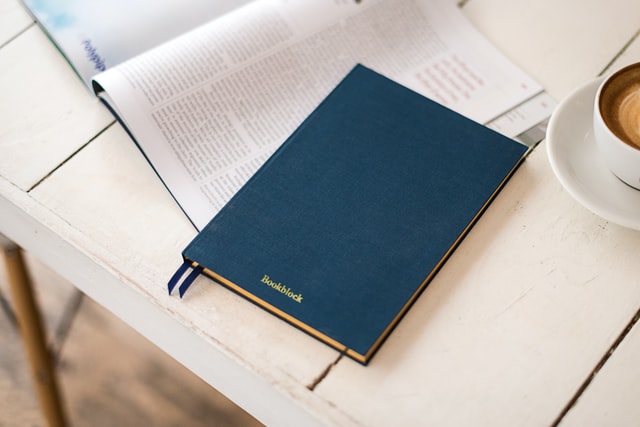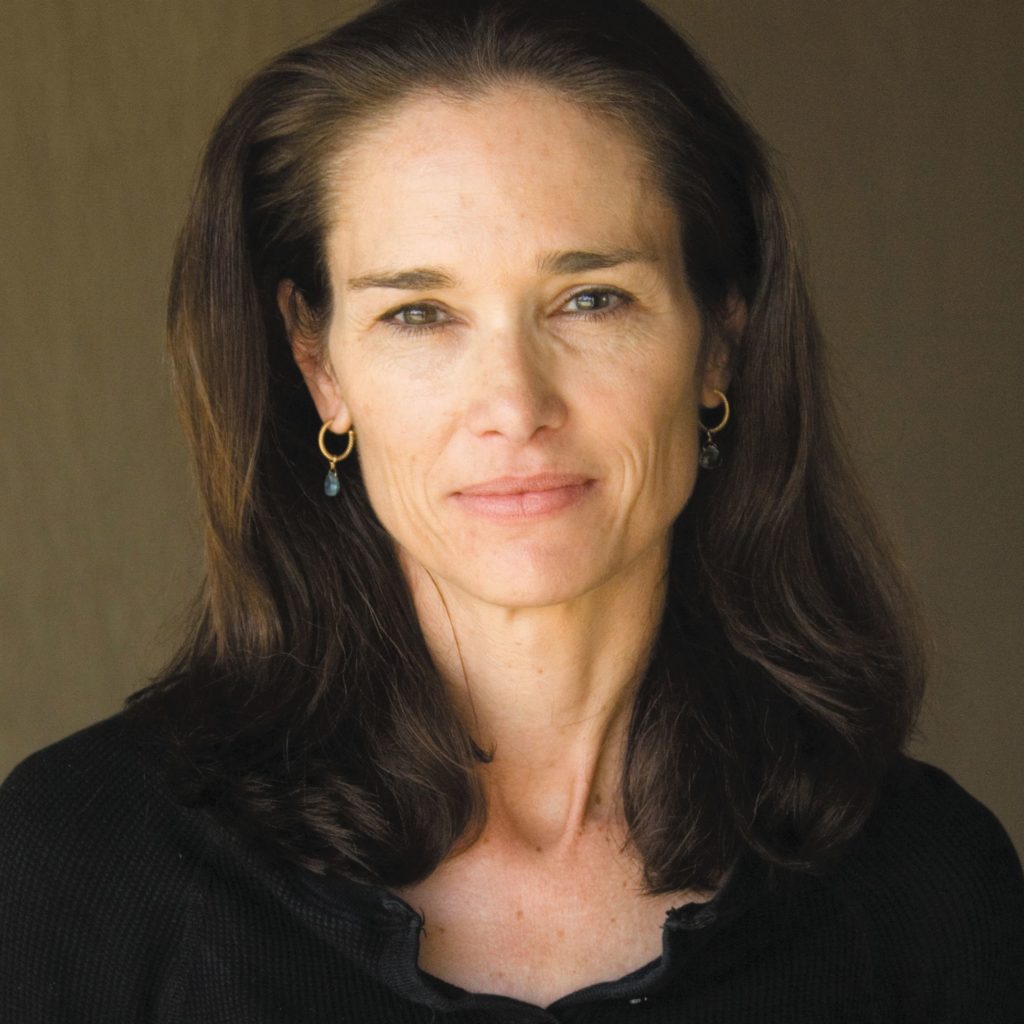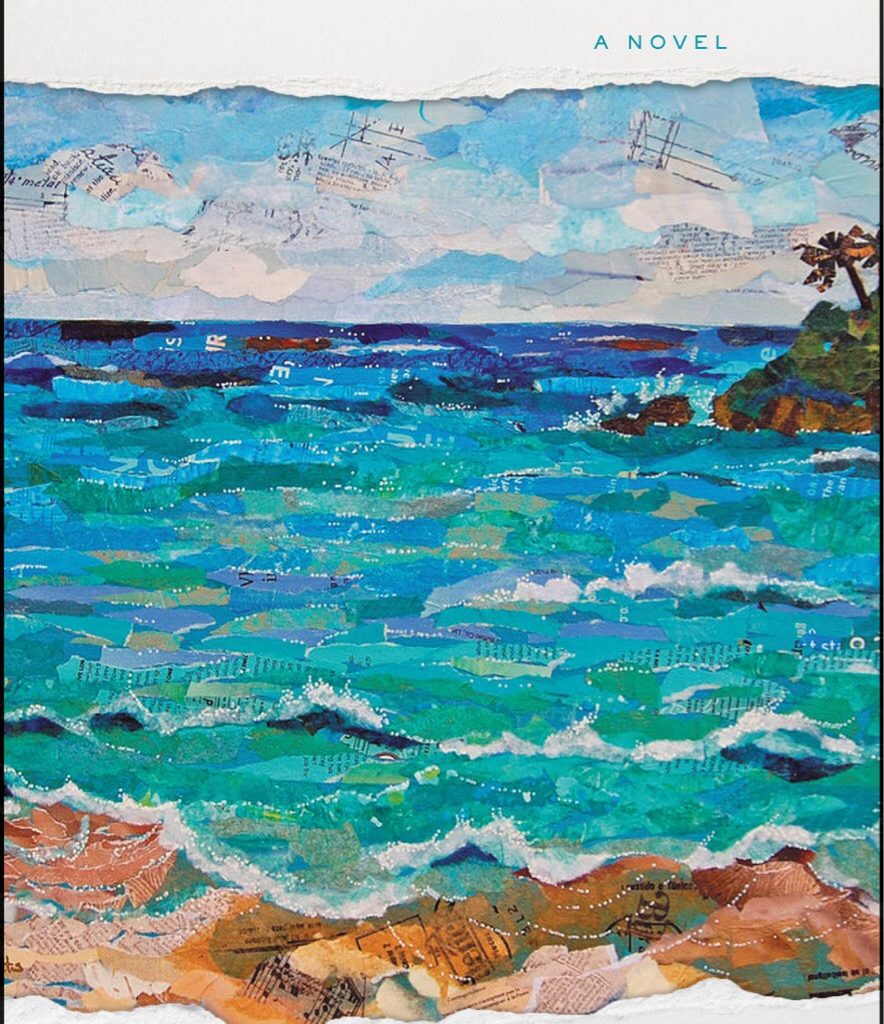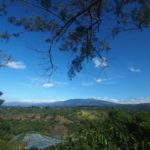In Conversation with Author Margaret Bradham Thornton

Travel, love, trust and curiosity are important topics in author Margaret Bradham Thorton’s second novel, A Theory of Love. Readers join the main character, a journalist named Helen, as she embarks on an exciting yet emotionally challenging relationship with Christopher, a wealthy businessman. Together, as their love strengthens and detaches, they cross continents and climates.
Author Margaret Bradham Thorton spoke with us about where love and travel intersect, her inspiration for the various settings and her advice for aspiring authors.

A Theory of Love is, as the title suggests, a love story. But, unlike your first book, Charleston, this one takes place in dream destinations around the world. Why was it important that this particular love story be told in different settings?
The inspiration for one of the main characters, Christopher Delavaux, came from a memoir I read of a circus performer who had traveled for over 40 years in America and Cuba in the 1800s. I was struck with the similarities that certain modern careers have with the constant travel of circus life.
In A Theory of Love, I thought short chapters with changing locations would give the sense of speed and dislocation that are characteristics of so much of modern life. In my first novel, Charleston, the question was why does home never let you go. It is set in Charleston, and given that it dealt, in part, with the slow seduction of place, it has longer chapters and a slower pace. In A Theory of Love, the question is what does it mean to love someone? Related to this is the secondary question — does Christopher even have or want a home? If not, then the question becomes can Helen, the woman he loves, somehow fill the absence?
In The Sheltering Sky, Paul Bowles wrote an “important difference between tourist and traveler is that the former accepts his own civilization without question; not so the traveler, who compares it with the others, and rejects those elements he finds not to his liking.” I think traveling to places helps us explore ourselves – we figure out who we are sometimes by where we are.
Travel in my book — whether to St. Tropez, Tangiers, Chamonix, Santa Clara, or Bemeja — helps both Helen and Christopher come to know each other and to learn more about themselves.
Why did you choose these places for the main characters Helen and Christopher to go? Were these places you’ve traveled to that inspired your writing?
Some of the places (and some of the characters) related to the research I did for my work on Tennessee Williams. For example, I traveled to Tangiers to interview Paul Bowles the year before he died. I visited the west coast of Mexico and traveled to the small island where John Huston shot some of the scenes of his film adaptation of Tennessee Williams’ The Night of the Iguana. I chose some of the other places to give a sense of the rarefied world Christopher has adopted to show how he and Helen either change or don’t change in these worlds.
Also I think the idea of trust was important in this book. When we travel we need to trust others, especially strangers, perhaps more than at any other time. When we start on our travels, for example, we trust that the drivers or pilots will take us safely to our destinations. We trust the food we eat will be safe. We trust, if we get lost and ask directions, we will be told the correct information.
When Christopher and Helen first meet, he tells her he can look after her at a decadent party, and even though he is flirting with her and knows she can look after herself — he is in a way asking her to trust him, and he is showing his moral side. The philosopher Alfonso Lingis wrote, “to trust you is to go beyond what I know and to hold onto the real individual that is you.” Without being with Christopher in a foreign place, Helen might not have seen this side of him so clearly and so early.
In Conversation with Author Margaret Bradham Thornton.
Helen has a theory about emotions and place. In one chapter, Christopher reminisces about her belief that “how emotions experienced in a place remained, so when you came back you could find them again.” Do you agree with Helen? Do travelers leave emotions in a particular geographical location?
I think that is a question for each traveler! Helen was emotional and intuitive and this is her theory. Certainly places can trigger strong emotional reactions, but whether those emotions lie dormant within us and are reawakened by the sight and sound and scent of a specific place or whether they reside in the location, I can’t say – but the idea does appeal to me.

Before writing your first novel Charleston, you edited Tennessee Williams’ Notebooks. His Summer and Smoke is said to have inspired that novel. Were any of Williams’ works the inspiration for A Theory of Love?
Tennessee Williams wrote about longing and not about love. So it was probably ten years of reading about longing that made me think about what it means to love someone and why the vast majority of Tennessee Williams’ characters – Laura, Blanche, Maggie, Alma – to name a few — are unable to find love.
With respect to influences, I would throw the net wide. Growing up in the South, books, both fiction and nonfiction, were always my passport to other worlds. I remember loving these lines in Portrait of a Lady by Henry James:
‘I always want to know the things one shouldn’t do.’
‘So as to do them?’ asked her aunt.
‘So as to choose,’ said Isabel.
When I first read this novel in college, I admired Isabelle Archer, despite her being so naïve in a world she thought she understood but which was operating on a completely different level. I admire writers such as F. Scott Fitzgerald, James Salter, and Denis Johnson, to name a few, for their language and for making the words their own.
Before writing you had a different career. For the readers who aspire to writing novels or practicing journalism but haven’t made the leap yet, what advice can you offer them from your own experience?
On the technical side: read, read, read and when you find something you love or wish you had written, spend a lot of time with it – deconstruct it – try to understand how and what the writer did to make you fall in love with it.
In A Theory of Love, Helen, who is a journalist, meets an elderly writer at a dinner party in Mexico, and he tells her how he had learned to write:
‘By copying other writers,’ he said. ‘Flaubert in particular.’ He told her that when he understood how Flaubert had created the scene in which Emma Bovary is at the dance and decides how unhappy she is with her life, he knew he had become a writer. ‘If you can figure out how to do that, if you understand that, then you know how to write.’
This character was partially based on the writer James Salter, whom I had the privilege of sitting next to at a dinner party in East Hampton a number of years ago. Tennessee Williams also started out copying other writers such as Saroyan and Faulkner and Chekhov.
On the practical side, make time to write each day even if it is only for 30-45 minutes. Make it a ritual and keep it safe.
Finally, is there anything else you think is important for women travelers, writers or aspiring writers to know?
Javier Marias distinguished writers who wrote with a compass and those who wrote with a map. Figure out which one you are. And most importantly, listen to your voice.
Top photo for In Conversation with Author Margaret Bradham Thornton by Unsplash.








